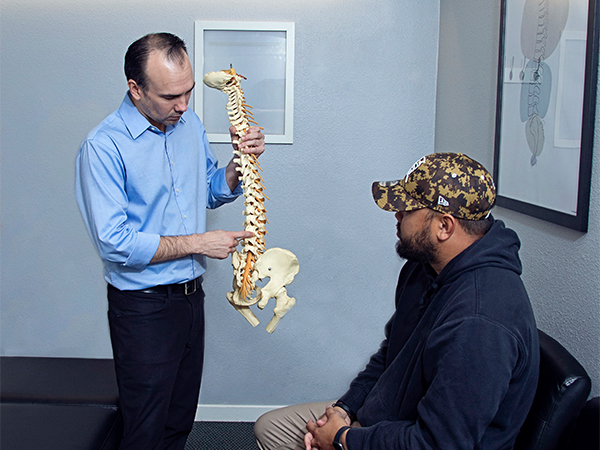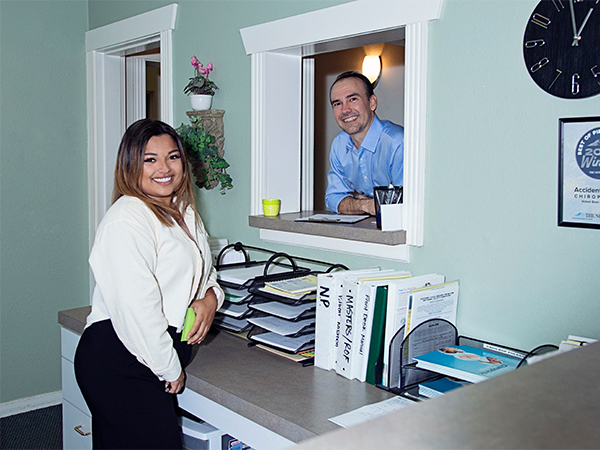
Chiropractic for Aging Adults
By 2030, 20% of the U.S. population will be 65 years or older. Many older adults experience musculoskeletal pain, most commonly lower back pain. However, not all of those experiencing pain seek out treatment. 14% of adults treated by Chiropractors are 65 or older. So how can visiting a Chiropractor regularly as you age help you?
1. Fall Prevention
Over 1/3 of seniors fall each year. Injuries obtained from the fall can include sprained ligaments or broken bones, etc. Regular Chiropractic treatment can help with balance, coordination, flexibility, strength, and mobility helping reduce the chance of a fall.
Risk factors for falling in older adults can include:
Impaired mental status
Poor vision
Lower extremity weakness
Impairment in balance or gait
Certain medications that influence balance
Our chiropractors can help treat postural problems, recommend balance exercises, manage symptoms, and other things that influence your chance of a fall.
2. Management of Health
The close relationship between physical and mental health is important to realize. As we age, keeping active and physically fit can help with overall wellness and quality of life. Regular Chiropractic care can increase range of motion of the spine and extremities. It can help you be able to spend time in the garden, playing with your grandchildren, or out on the golf course.
3. Nutrition Assistance
Your Chiropractor can help recommend lifestyle and/or diet changes to help maximize your health. Simple changes to your diet can have a huge impact. If you are drinking coffee and a donut for breakfast, skipping meals or running through a fast food drive thru along with soft drinks, candy etc., this can contribute negatively to health conditions and overall wellbeing. Chiropractors recommend eating a balanced diet and drinking plenty of water.
4. Chronic Pain
Many senior adults suffer from neck pain, back pain, arthritis and other chronic conditions. Regular adjustments can help with pain allowing you to function better increasing quality of life.
Dr. M. David Clifton, D.C.
Source: ChiroNexus





